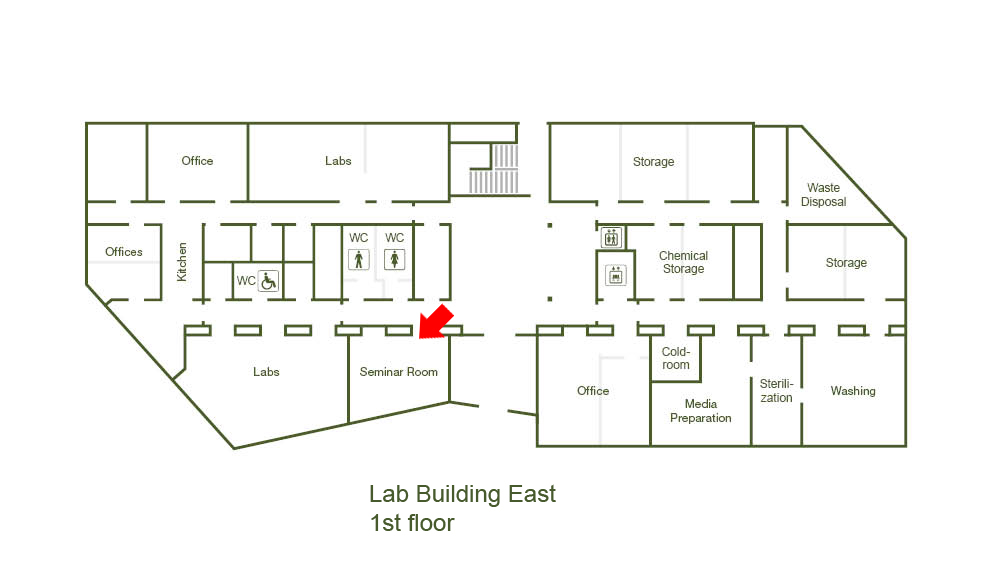Chemogenetic modulation of orexin/hypocretin neuronal activity ameliorates cognitive, behavioral and metabolic impairments in A53T mouse model of Parkinson`s disease

Parkinsons disease (PD) is a multi-layered progressive neurodegenerative disease with heterogeneous symptomology. Signature motor system impairments are accompanied by a variety of other symptoms such as mood, sleep, metabolic and cognitive disorders. Interestingly, the non-motor impairments can be observed from the earliest stages of the disease, prior to the onset of the motor symptoms. In these series of studies early and age-related cognitive, mood and metabolic disorders in A53T mouse model of PD were observed. As inflammation and astrogliosis are an integral part of PD pathology and impair proper neuronal function, affecting behavior and metabolism, astrogliosis and inflammation markers were examined in different brain regions. Finally, DREADDs (Designer Receptors Exclusively Activated by Designer Drugs) were used for the stimulation and inhibition of orexin neuronal activity (hypothalamic neuronal subpopulation involved in regulation of mood, cognition and metabolism) to modulate various aspects of behavior and metabolism in A53T mice. Observed behavioral and metabolic impairments in A53T mice are accompanied by an increase in astrogliosis and inflammation markers and neuronal loss. Moreover, chemogenetic modulation of orexin neuronal activity shows to be powerful tool for modulation of behavior and metabolism in A53T model of PD.